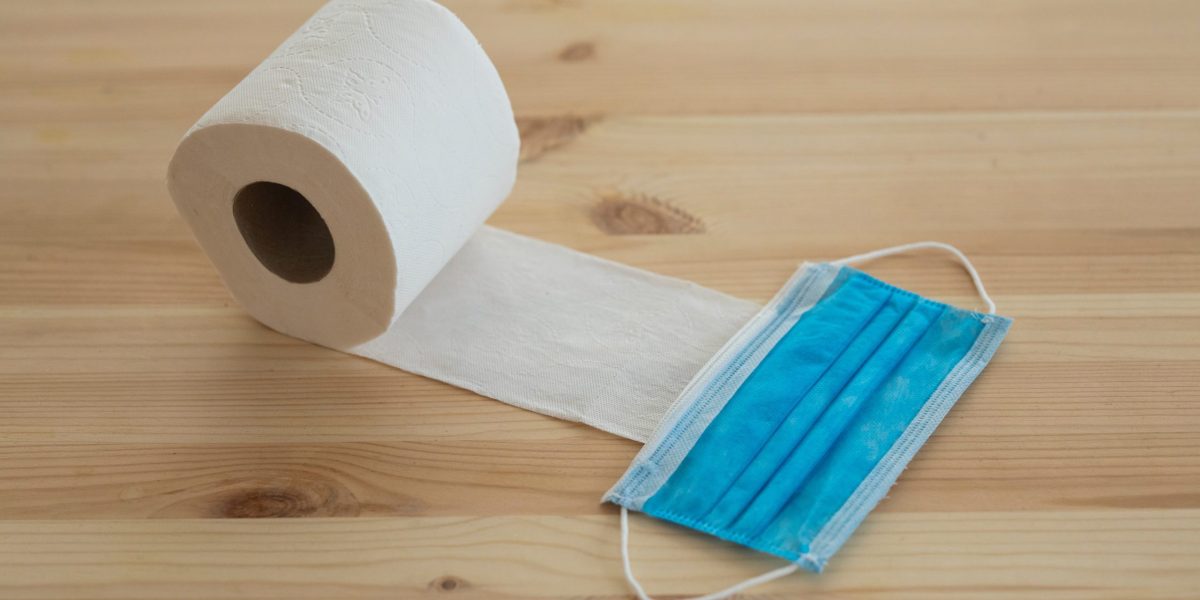|
Getting your Trinity Audio player ready...
|
– George Hadjia
Hospitals doing worse than you would think
Hospital revenues must be benefiting from the influx of COVID-19 patients who require treatment, right? In fact, it’s the precise opposite. Typically, the bulk of hospital revenues in the US revolve around planned visits, and these high margin elective procedures such as orthopedic and heart procedures can account for the bulk of a hospital’s revenues. The C19 pandemic has seen an enormous decline in elective procedures as hospital facilities have been reprioritized for coronavirus patients in order to help expand intensive care capacity. The issue is that infectious disease and intensive respiratory treatments are less profitable, requiring isolations, around-the-clock care, and expensive equipment.
For example, HCA Healthcare (NYSE: HCA) in their recent earnings call highlighted the extent to which elective procedure volumes have fallen away: “Our hospital-based outpatient surgeries are running about 70% below our prior year as most elective procedures have been deferred.” A further issue is that these lost revenues from elective procedures will not be fully recovered once coronavirus case volumes improve, given the limited hospital capacity that will be unable to accommodate months of deferred elective procedures.
Consumer products a mixed bag
A company such as Kimberly-Clark (NYSE: KMB) has been faring well during the pandemic. Its Q1 sales increased 8% year-on-year, with organic sales up 11% year-on-year. Consumers have been stocking up on tissues which has been to the enormous benefit of KMB: “Volumes were up 8% including significant shipments to support consumer stock up related to the COVID-19 outbreak. That stock up occurred in all major geographies and benefited all three business segments, in particular Consumer Tissue”. While there might be a reversal of this dynamic later in FY19, the company believes that we could see an increase in tissue consumption during shelter-in-place periods which again would benefit KMB.
Coca-Cola (NYSE: KO) is a consumer products stalwart that has not fared nearly as well, given the sharp decline in away-from-home purchase occasions: “For context, if we look at our April month to-date trends, we are seeing volumes down globally approximately 25%, driven by the sharp declines in our away-from-home businesses.”
Airlines are (unsurprisingly) struggling
Looking at a company such as Delta Air Lines (NYSE: DAL), it is facing unprecedented revenue declines as many flights have been cancelled. DAL has had to raise significant capital to bolster its liquidity: “Since early March, we have raised $5.4 billion in new financing and will likely raise several billion more this quarter…And while this will help ensure we have liquidity to weather the crisis, with a the more than 90% expected reduction in revenues this quarter, we needed to quickly address cost to stem cash burn.”
“Right now, 37,000 employees, more than one-third of our workforce, have elected to take voluntary unpaid leaves ranging from 30 days to one year…This is helping reduce our daily cash burn which started at $100 million per day in March, down to $50 million a day starting next month in May.” That is a staggering amount of daily cash burn, even after the workforce reduction. For context, DAL ended the quarter with $6 billion in cash. At the current rate of cash burn, DAL will have burned through all of its cash in just four months. While it’s possible that lockdowns will be lifted in that time frame, will consumers be willing to resume air travel as per usual, or will they be reluctant to share a small enclosed cabin with a group of strangers? This will have serious implications for the future viability of a company such as DAL.
While most companies are being hard hit by the economic impacts from C19, there are some bright spots emerging from this reporting season. Gaining insights from this reporting season will be crucial in sharpening our understanding of: (i) the nuanced ways in which the C19 pandemic might affect different types of businesses; and (ii) the likely future financial outcomes for these businesses in terms of revenues and earnings power.
George Hadjia is a Research Analyst with Montaka Global Investments. To learn more about Montaka, please call +612 7202 0100.





